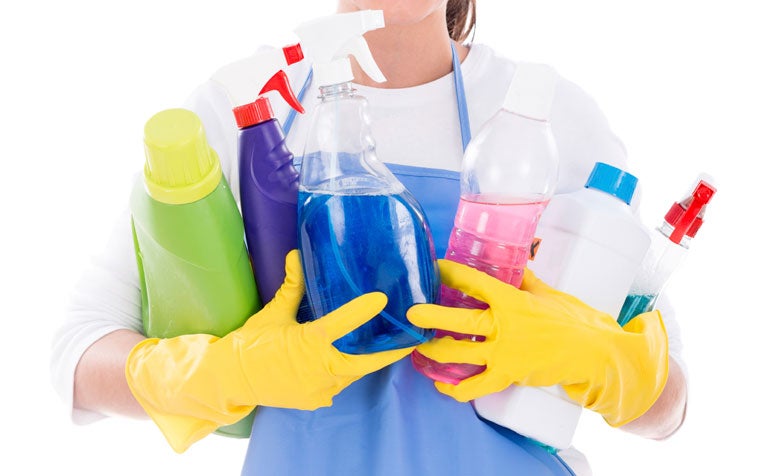
Hand foot mouth disease (HFMD) What to do to prevent the spread of HFMD when there is an infected child in the family?
Associate Professor Chong Chia Yin, Head and Senior Consultant, Department of Paediatrics, KK Women’s and Children’s Hospital (KKH), a member of the SingHealth group shares more on prevention and treatment for HFMD.
Preventing the spread of hand foot mouth disease (HFMD)
In addition to the suggestions mentioned earlier on how parents can protect their child from HFMD, the following steps can be taken to prevent the spread of HFMD:
- Keep the infected child home and away from school, kindergarten, childcare centre and public places until the rash has dried up and the child has fully recovered.
- As much as possible, separate the infected child from other children and adults at home.
- Inform the school, kindergarten or childcare centre immediately so they can monitor other children and take precautions.
- Avoid kissing or hugging the infected child.
- Look out for symptoms in other family members, both children and adults.
- Keep the infected child’s toys, books, eating utensils, towels, toothbrush and clothes separate and disinfect the items after the child recovers.
- Wash your hands with soap and water immediately when you change a diaper, touch or have contact with the infected child’s body fluids or secretions such as saliva, nasal mucus, vomit, urine or stool.
- If the infected child needs to see a doctor, call before visiting your general practitioner (GP). This will help the GP take steps to keep other people from being infected.
- Clean all frequently-touched surfaces, e.g. toilet, bathroom fixtures, doorknobs and soiled items including toys. Also, clean any surfaces that may have body fluids and/or secretions on them. Use a diluted bleach solution or a household disinfectant. To make a bleach solution at home, add one tablespoon of bleach to about one litre of water. If possible, wear disposable gloves when cleaning. After cleaning, wash your hands thoroughly with soap and water.
- Wash the laundry thoroughly. Immediately remove and wash clothes or bedding that have body fluids or secretions on them. Wash these items with detergent and warm water, using the longest cycle available, then dry them.
“If a child in the family has HFMD, the key to prevent the infection from spreading to other children or adults is good hygiene,” says Associate Professor Chong. Even adults can get HFMD, so steps must be taken to prevent one from catching the infection.
Complications of HFMD
HFMD usually presents with mild symptoms in children. However, complications affecting the brain, lung or heart may occur in rare cases where the infection is caused by a more severe virus strain.
Take your child to the nearest doctor or emergency unit if the following symptoms occur:
- Difficulty in breathing
- Face turning blue or ashen and pale
- Drowsiness and disorientation
- Severe headache or irritable
- Stiff neck
- Dizziness
- Fits
- Vomiting or poor oral intake
- Decreased urination or dry tongue
Treatment for HFMD
There is no specific treatment for HFMD and children usually recover on their own in about a week, as their immune system fights the virus. Antibiotics are not effective for the treatment of HFMD since it is a viral infection.
However, the following measures can be taken to relieve symptoms:
- Give fever medication to relieve fever or pain.
- If the child has difficulty swallowing or eating due to the mouth sores, try an over-the-counter mouth gel or lozenges (for older children able to suck on sweets) to numb the mouth pain.
- Give frequent small amount of liquids at room temperature such as milk, diluted juice, rice water or barley water as tolerated to prevent dehydration. You may try soft foods including ice cream, pureed fruit or porridge.
- Ensure adequate rest.
A child who gets HFMD infection is not protected from getting the disease again so parents need to remain vigilant.
Ref: R14
Contributed by


















 Get it on Google Play
Get it on Google Play